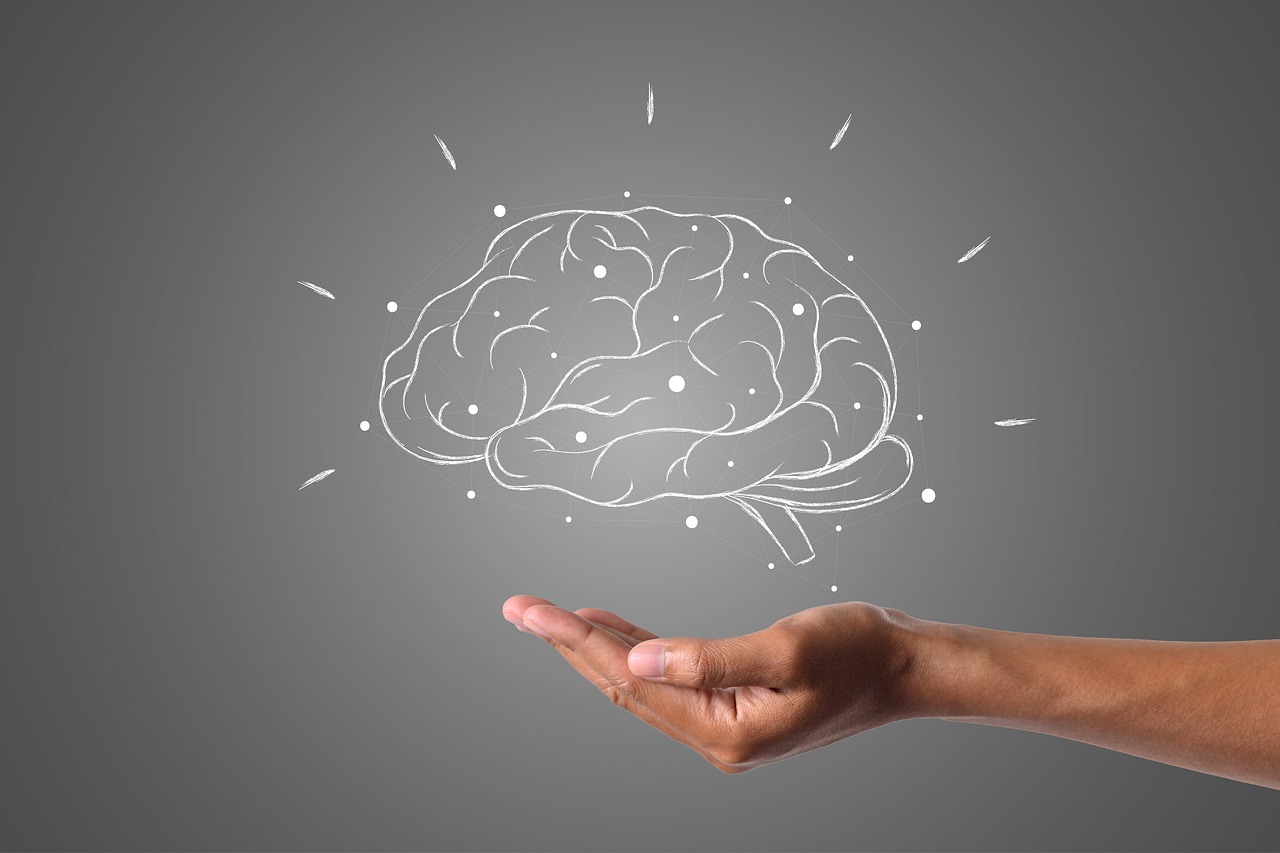1. The Eyes Are an Extension of the Brain
- The retina, located at the back of the eye, is actually part of the brain. It converts light into neural signals that the brain processes, allowing us to see.
2. The Optic Nerve Links Eyes to Brain
- The optic nerve connects the eyes to the brain, transmitting visual information. Damage to the optic nerve, as seen in conditions like glaucoma, can impair vision or cause blindness.
3. Visual Processing Happens in the Brain
- While the eyes capture images, the brain processes them. The visual cortex in the occipital lobe is responsible for interpreting visual information like color, depth, and motion.
4. Eyes Influence Memory and Learning
- Vision is critical for memory formation. Visual information is processed and stored in the brain, aiding in learning and recall. This is why people often use visual cues to enhance memory.
5. Eye Movements Reflect Brain Health
- Smooth eye movements depend on a healthy brain. Abnormal eye movements can signal brain issues, such as neurological diseases like multiple sclerosis or Parkinson’s.
6. Vision Affects Balance and Coordination
- The eyes play a key role in maintaining balance. The brain integrates visual input with signals from the inner ear and body, helping you stay upright and coordinated.
7. Eye Strain Can Cause Brain Fatigue
- Prolonged eye strain from screen use or poor lighting can lead to headaches, fatigue, and difficulty concentrating, showing how closely the eyes and brain are connected.
Understanding how the eyes and brain work together highlights the importance of maintaining eye and brain health for overall well-being.



